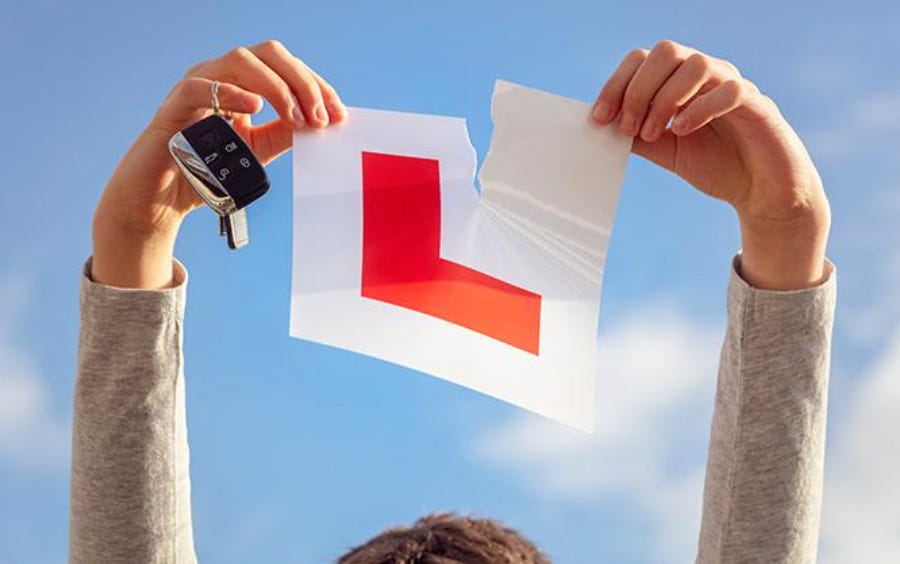When to Push, When to Pause: SQE1 Strategy (Part 3)
It’s starting to get real, right? We’re not quite there yet, but we can see it.
You’ve got your tips on studying the black letter law, and now it’s time for some technique.
Be strategic about how you spend your time
Whilst my introduction might’ve made your heart beat a little faster at the thought of this exam being around the corner, you’ve still got time to tussle with the areas of law that are making you question why you ever even started.
But as you get closer to the exam, I want you to start weighing up the cost and benefit of improving each subject. There’s no denying that the SQE1 is tough for its thorough and comprehensive approach to the legal areas it tests. However, it’s important to remember that each question is equally weighted at one mark. This means that it does not matter whether you get 100% of the marks in one legal area and 50% of the marks in another, as long as you even out at a pass. Therefore, when time starts to get really precious, focus on the topics that you can get that mark on because, whatever it’s on, it counts.
Think of the marks as an I’m a Celebrity Bushtucker Trial: each question is one star - and if you get this reference, you’ll understand why the Tucker Trials feel quite similar to the SQE1, except for this exam, there’s no amount of screaming that’ll get you out of there.
Back to seriousness now, when considering what topics you might want to focus on more than others, I’d recommend looking at the exam specification (Appendix 4) to see how much of your least favourite subject is being tested. For example, you can see that tax will only be tested as a fraction of 20% (business organisations, rules and procedures).
You therefore won’t have been the first to think to yourself: what if I skip studying tax altogether and focus on the rest? This is a decision you take at your own risk, but there have been success stories from those who have done it. My approach was more of a middle ground, study my least favourite enough to get to grips with basic questions (getting those few extra marks in), but not striving for perfection so that you waste time which could’ve been used on your better subjects.
Think of it as a SWOT analysis.
Mimic Real Test Conditions
Beyond the content, this exam is tough on the timings. It is therefore vital that you practice under real test conditions before exam day.
Get dressed, go to a quiet spot, do 90 MCQs in 2 hours 33 minutes, have an hour lunch break, and repeat.
Wait a couple of days.
Do it again with FLK2.
This will give you a huge insight into your timings, technique, and, importantly, how your energy holds up throughout the days (followed by how to manage it).
Having said this, I would strongly recommend you do this practice no less than 2 weeks before the exam. You’ll be exhausted, and that’s part of the learning, so you don’t want to be too close to the real exam that you arrive tired.
Include Training with Noise Distractions
On a similar note, make sure you practice with background noise (coffee shop sounds, music, TV and so on). The exam centre won’t be as silent as you may be used to, so you need to ensure you can stay focused under suboptimal conditions.
Get a Fresh Set of Questions
Beyond practising for the conditions of the exam, I also found it beneficial to switch to a fresh set of MCQs at this point in my preparation. It is likely that you have become used to working with your provider's question-writing style, which may make it easier for you to guess the right answer. It can therefore be beneficial to shake it up and access other questions. Some free suggestions include the SRA sample questions, AllAboutLaw FLK1 mock, and the QLTS mocks.
New mocks like these will give you an edge. They prepare you for getting unexpected questions in your exam - something you don't want to experience for the first time at a Pearson VUE test centre.
A word of caution: I have come across some questions which are inaccurate across various providers. Make sure to check anything you have doubts about once marking your paper.
Test scores giving you imposter syndrome?
I found that, as I approached the exam, my practice test scores were getting a little better, but I couldn’t figure out why. I didn’t feel like I really knew the answer; I felt like I was guessing or getting lucky.
If you’re having a similar feeling to me, I'll share with you a helpful analogy that I was told after sharing my hesitations with my tutor.
My tutor said, “Doing the SQE is like learning to drive. At first, you have to think about each movement: turn the engine on, press the clutch, move the gear, lift the clutch and press the accelerator to go. But once you get good, you just get in and get it right, without really processing what moves you’ve taken. The SQE is similar in that practice makes perfect”.
So if you’re worried about “guessing” the answer, trust yourself a little more and remember that it’s impossible to guess right every time without actually knowing your stuff.
And finally, a reminder that we are all in this together
Whilst my days of SQE1 are over, I wanted to end this blog post by telling you that the first line of this post has never been truer for me either. I am just over a month away from my SQE2 exam. The days feel long, but the weeks are running by. The pressure of this exam is so real, and I wish I had some more top tips to battle this one. All I can say is that we're all in it together, and every bit of effort we are putting in will pay off.



